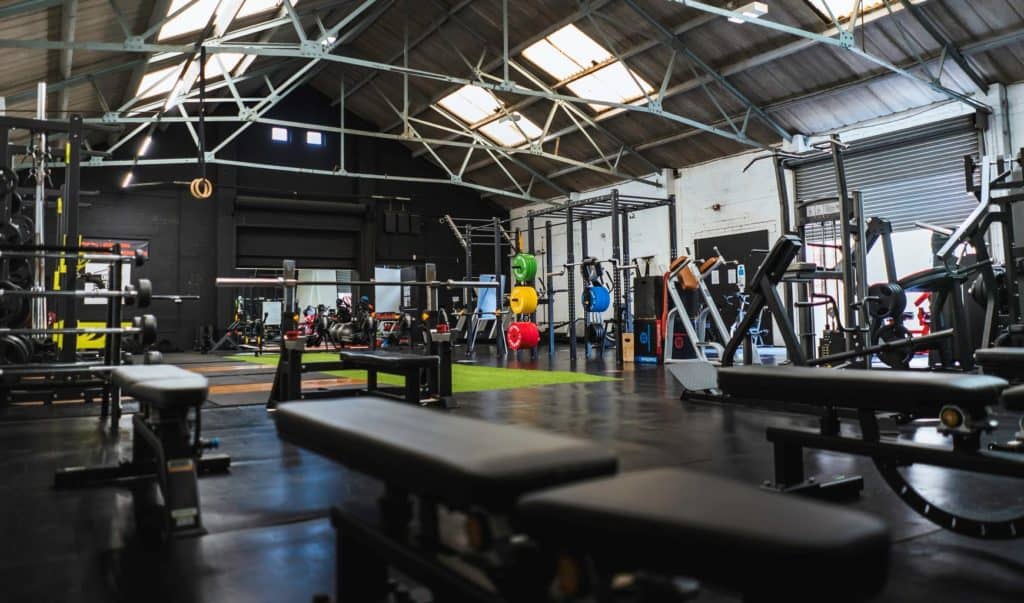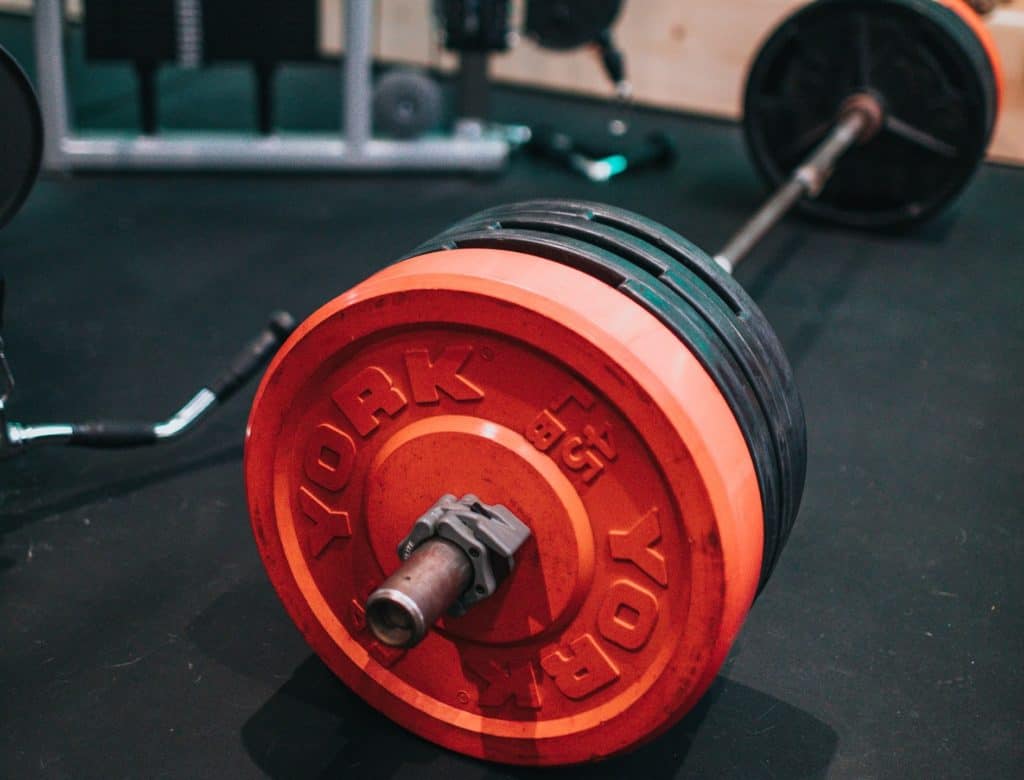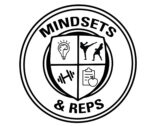
In a previous article outlining the best personal training certifications, we highlighted the Certified Strength and Conditioning Specialist (CSCS) as one that stood out above the rest.
This was due to the respect and prestige associated with the certification among those in the fitness industry. With that said you would think that this would be a glowing endorsement for the CSCS certification in general, but that isn’t necessarily the case.
High quality credentials are great, but the question of functionality comes into play. What exactly can you do with the CSCS certification?
The CSCS certification is a requirement for almost every strength and conditioning job. However, an exercise science of related degree is also necessary. Therefore, a CSCS certification without a degree is virtually useless for the purpose of job searching.
I have yet to see a single job posting that requires a CSCS certification without an exercise science degree. The two always go together.
Currently you need a bachelor’s degree in any field from an accredited college or university to become a CSCS. However, starting in 2030, the NSCA is requiring that the degree be in a field related to strength and conditioning.
Examples of related fields include, but are not limited to, exercise science, exercise physiology, and kinesiology. Anyone who holds a certification under the current standard will not lose their credentials when the rules change.
The related degree is fundamentally a requirement when it comes to job searching right now, but the NSCA is making it official in 2030.
There is one exception with regard to the utility of the CSCS certification for anyone without an exercise science degree. This is in a situation where an individual has no desire to work strength and conditioning in a professional setting. In other words, the CSCS without an exercise science degree has value for someone who does not want to work for a high school, college, or professional team.
An example would be a person who wants to start their own strength and conditioning business. This person may work with individual athletes, but just not be officially employed by a team.
Many athletes work with their own strength coaches in the offseason, when conditioning is their personal responsibility. In addition, not every sport is a team sport. MMA athletes, boxers, tennis players, and golfers can pick and choose whomever they want to work with. They’re not at the mercy of a team or organization during the season.
So long as the strength and conditioning professional is certified and skilled at their craft, they can work with whomever they want on an individual level without the need for an exercise science degree.

How to Become a Strength and Conditioning Coach
The recommended path outlined here is specifically for anyone who wants to become a strength and coach at the team level, as opposed to a more entrepreneurial route.
The first step is to get the official credentials squared away. As referenced numerous times, this is a bachelor’s degree in exercise science (or related field) and the CSCS certification itself.
The CSCS certification process is simple: buy the materials to study, pay for the test, and pass the test. The exam is broken up into two separate tests; one based on scientific foundations and the other on practical applications. You must pass both with a 70% or better in order to become certified.
This exam is considered much more challenging than a typical personal trainer certification exam. The questions go more in depth and require a deeper understanding of the principles.
The CSCS exam is $340 for NSCA members and $475 for non-members.
Most exercise science degree programs require an internship. This is the first official opportunity to get your foot in the door with a team. Even if the ultimate goal is to work with a pro team, getting an opportunity with a college team is nothing to sneeze at.
In fact most, if not all, strength and conditioning coaches at the pro level trained at the college level at some point. There is simply more opportunity at the college level since there are far more colleges than professional teams. In addition, many colleges have different strength and conditioning programs for each individual sport.
If you can’t get an internship with a professional or college team, all hope is not lost. But it’s important to not lose sight of the main goal. You need to find relevant work, even at the high school or youth level. You should also connect with relevant professionals on places like LinkedIn.
Social media also provides opportunity to get your name out. While the fitness genre is incredibly saturated, it’s not an excuse to not put out content related to strength and conditioning. No one will find you if you don’t put yourself out there.
At the professional level, among the 4 major sports, there are a finite number of teams. Thus, there are a finite number of jobs. Within the 4 major sports are 124 teams total. Assuming each team has one strength and conditioning coach and one assistant, this means there are only 248 potential jobs.
Professional sports are a rare industry where jobs are a zero sum game. There are only so many jobs altogether, much less jobs that are actually available. Typically when you have a job in pro sports you want to hold onto it. Therefore, opportunities are rare.
If you want to pursue this you must be mentally strong, resilient, and disciplined.
How Much Do Strength and Conditioning Coaches Make?
If you are an aspiring strength coach searching through data regarding strength and conditioning coach salaries, you may be disappointed to see some of the listed figures.
However, many of these websites do not understand the difference between a strength and conditioning coach and personal trainer. They think they are the same thing. Therefore, you will see salaries in the $40,000-50,000 range, which is what a typical trainer makes.
A strength and conditioning coach at the highest level can make much more. Mickey Marotti, the strength and conditioning coach for Ohio State football, reportedly earns a salary of $800,000 per year.
Ben Herbert of Michigan makes $700,000, Joey Batson of Clemson makes $600,000, and Jerry Schmidt of Texas A&M makes $575,000 per year. In fact, every coach listed in this USA Today article makes 6 figures or more.
Clearly, if you can get a job with a school in a major conference like the SEC or the Big Ten, you can earn a considerable amount of money. With the funding that some major schools receive, coupled with the way many pro sports staffers are underpaid, it wouldn’t be surprising if some college strength coaches make more than professional ones.
The nature of the game of football means that the players rely highly on strength and conditioning to improve performance. However, you can almost guarantee that the strength coach for Kentucky basketball or the strength coach for Penn State wrestling makes a high salary as well.
If you’re at the top of your field in a major organization, you can make a great living.
